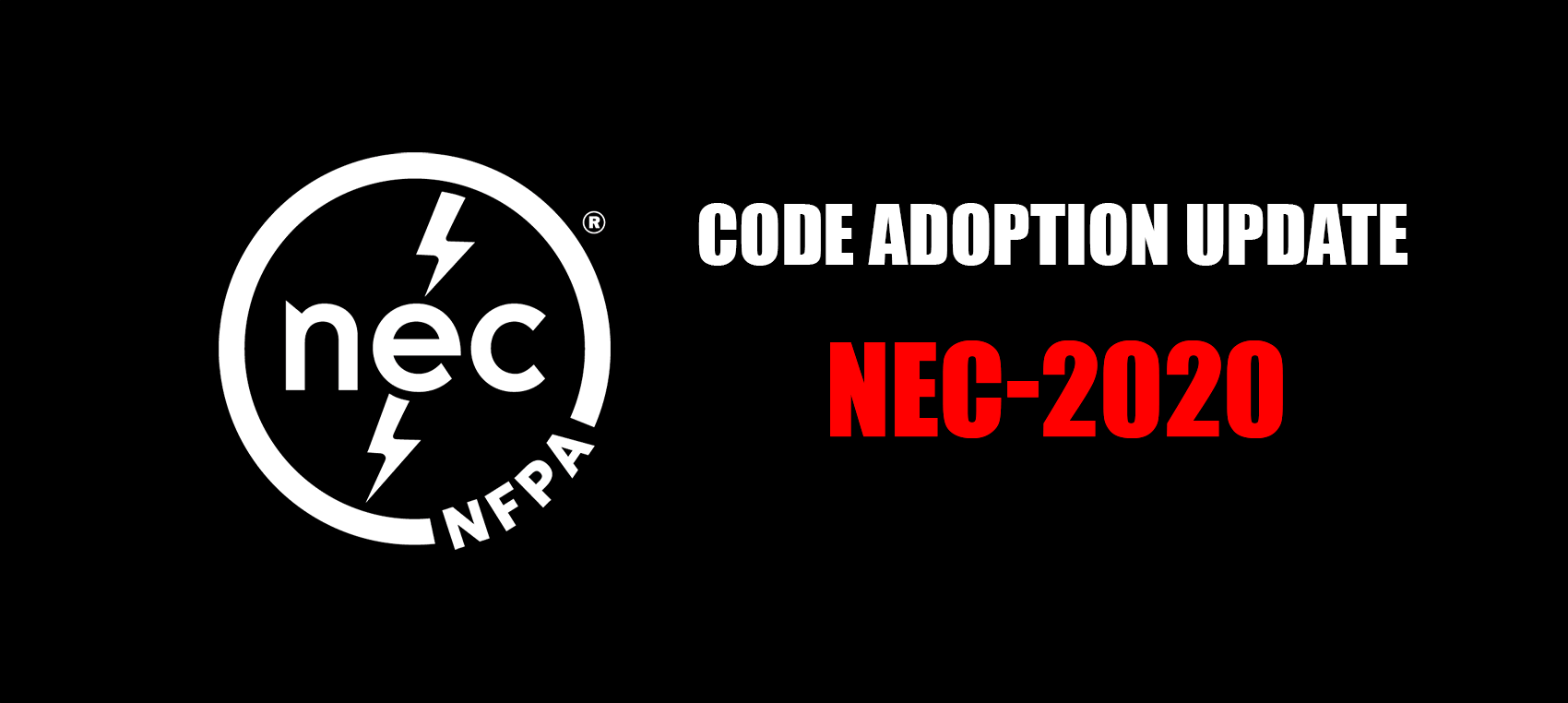All of us have been horrified in recent years to hear of the many deaths from carbon-monoxide poisoning in Rhode Island, especially in the winter months when homes aren’t as well ventilated as they are during warmer weather. Carbon monoxide is the leading cause of death by accidental poisoning in America.
This silent, odorless killer can leak from furnaces, ovens, chimneys, and gas-powered clothes driers. Even appliances that work properly can produce unsafe levels. Exposure can kill you, and even low-level exposure over time can make you sick.
All these deaths could have been prevented if we had the legislation and education in place to help people learn about the dangers of carbon-monoxide poisoning. That’s why I introduced legislation in 2001 to require carbon-monoxide detectors in certain homes. On January 1, 2002, the new law went into effect in Rhode Island, requiring that carbon-monoxide detectors be installed in all new homes with gas utilities and other homes up for sale. This law, the first of its kind in the nation, will help save lives.
Here’s what the law now requires:
All newly constructed residential dwelling units with gas utilities, and all dwellings converted to residential units before 1976, must have at least one carbon-monoxide detector that is UL listed or approved by a nationally recognized testing laboratory approved by the State Fire Marshal.
A carbon-monoxide detector must be placed outside each sleeping area in the immediate vicinity of the bedrooms.
Each bedroom or sleeping room separated from another by “other use areas,” such as kitchens or living rooms, but not bathrooms, must have a separate carbon-monoxide detector.
All carbon-monoxide detectors must be mounted according to the manufacturer’s specifications.
All carbon-monoxide detectors must have a visible, intermittent or steady “power on” indicator and, in case of gas detection, sound an audible signal having a minimum rating of 85 dBA at 10 feet.
Applicable dwelling units cannot be sold or transferred without the installation of carbon-monoxide detectors and certification from the office of the State Fire Marshall or local fire department that the law has been complied with.
If you have questions about this law or about carbon monoxide detectors, call the State Fire Marshal’s office at (401) 294-0861.








Find Us on Socials